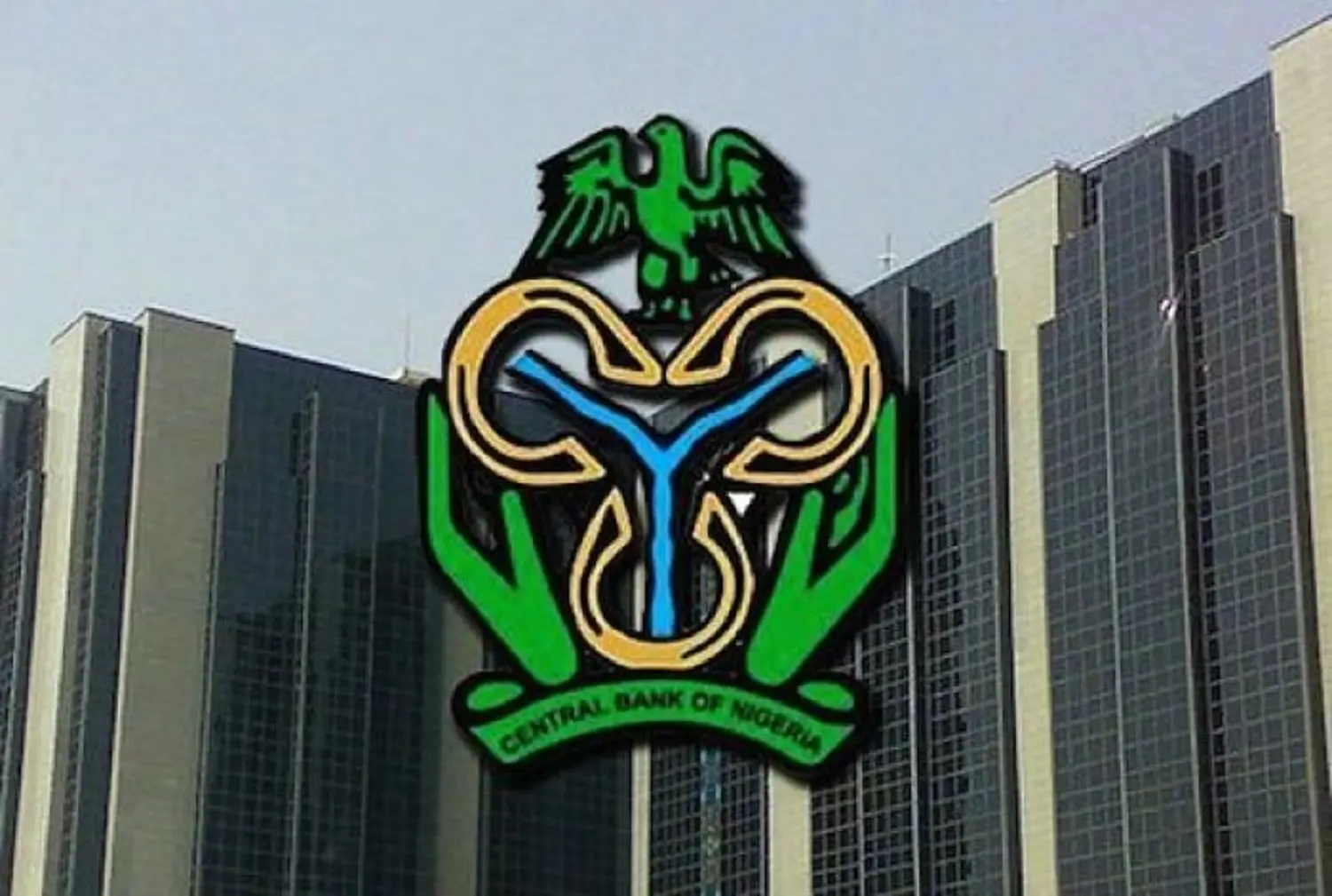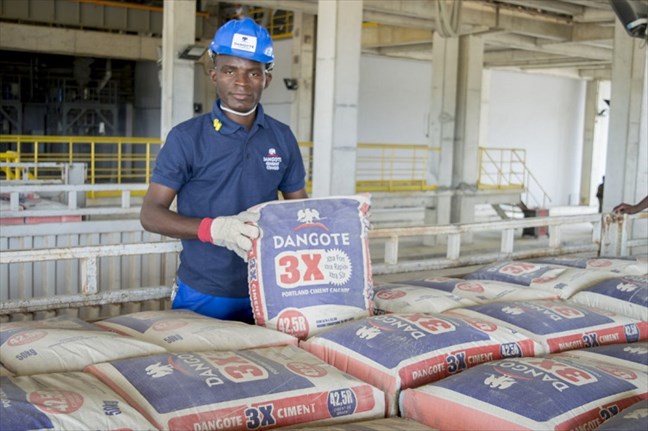The Nigeria Extractive Industries Transparency Initiative (NEITI) has once again brought to light the corruption within the country’s oil and gas industry.
Despite boasting a production capacity of 1.249 million barrels of oil per day, Nigeria claims the title of Africa’s top oil producer, surpassing Libya and Angola. However, the nation faces the grim reality of losing significant amounts of crude oil due to preventable criminal activities, such as pipeline vandalization and leakage, largely attributed to negligence or a lack of political will to address the issue. This loss of millions of barrels of oil exacerbates the challenge of feeding the country’s 200 million population.
Recommended: 2023: Nigeria’s First oil well to be drilled by NNPC in Nassarawa
Shockingly, Nigeria, with the largest gas reserves in Africa and the ninth largest globally (approximately 200 trillion cubic feet), struggles with inadequate infrastructure, healthcare, education, and job opportunities for its citizens.
Dr. Orji Ogbonnaya Orji, the Executive Secretary of NEITI, emphasized the urgent need to address the country’s oil and gas infrastructure challenges during a keynote address at the Nigeria International Pipeline and Security Conference. He underscored that strengthening security around oil and gas pipelines is crucial to combating crude oil theft, which has become a national emergency, threatening economic growth and the profitability of oil companies.
Recommended: Nigeria became Africa’s top producer of crude oil for December 2022 -OPEC
NEITI’s 2021 Oil and Gas Industry report revealed that the sector accounts for a significant portion of Nigeria’s total export and government revenue. However, the benefits are far from optimal due to oil theft and losses caused by pipeline vandalism, sabotage, and insecurity in the Niger Delta region.
Oil Theft in the Past
Despite the alarming scale of oil theft and losses, the Nigerian government has failed to prosecute those responsible, leading to a loss of 619.7 million barrels of crude oil valued at $46.16 billion or N16.25 trillion between 2009 and 2020. Additionally, 4.2 billion litres of petroleum products valued at US$1.84 billion were lost from refineries between 2009 and 2018.
Recommended: FG exploring alternative funding options for Nigeria’s oil and gas development
NEITI recommended urgent actions, including the reconstitution of the Presidential Steering Committee on Implementation of the Petroleum Industry Act, tackling oil theft, crude losses, and pipeline vandalism, developing a Gas Utilization Policy, and fast-tracking the repairs of government-owned refineries.
Collaboration with communities in oil-producing areas, such as the Niger Delta, is crucial to addressing the issue. The Community Development Committees (CDC) advocated for sensitization campaigns to enlighten oil-bearing communities on the environmental impact and economic consequences of oil theft.
Conclusion
In conclusion, NEITI emphasized the necessity of collaboration, reforms, and informed policymaking to harness Nigeria’s abundant oil and gas resources for the benefit of its citizens and the overall economic development of the nation.ChatGPT can make mistakes. Consider checking important information













